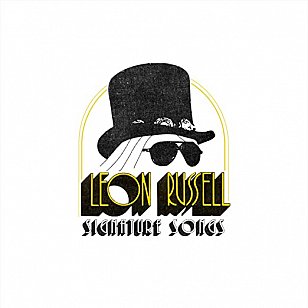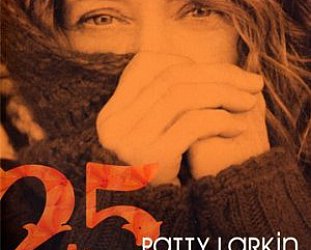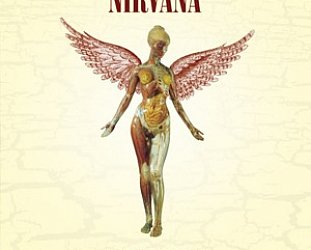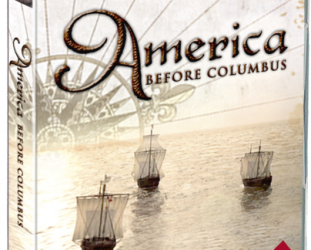Graham Reid | | 1 min read
Delta Lady

Bill Janovitz of Buffalo Tom has a fine parallel career as a music writer with his work appearing in The Observer, at esquire.com and his books on the Rolling Stones getting very favourable reviews: Rocks Off through St Martin's Press and his analysis of Exile on Main St through Bloomsbury 33 ⅓.
His most recent work is the massive Leon Russell: The Master of Space and Time's Journey Through Rock & Roll History.
It's a wonderful and detailed book – it takes 100 pages to get him to Delaney and Bonnie – about an extraordinary life.
When he died in 2016 Russell was enjoying a late career renewal of interest, largely because Elton John – who idolised him – brought back into the spotlight with their 2010 duet album The Union.
Russell's work ran from Fifties rock'n'roll, country, mainstream pop, gospel, bluegrass and much more. He'd played on sessions for Sinatra and Phil Spector, became a superstar via Joe Cocker's Mad Dogs and Englishmen tour, stood alongside Harrison, Dylan and others at the Concert for Bangladesh . . .
And he wrote such classic songs as This Masquerade which George Benson has a hit with.
This solo album, mostly just Russell at piano (a few harmony singers in places) with that distinctive voice, initially appeared in 2001 but now gets reissued on Harrison's Dark Horse label which is helmed by George's son Dhani.
It is like Russell's greatest hits – A Song For You, Tightrope, Lady Blue, Delta Lady, This Masquerade – with a peppering of astute choices: the personal Stranger in a Strange Land where he becomes a preacher berating the congregation, Hummingbird, the dreamy Back to the Island, Magic Mirror . . .
In some places of course (Delta Lady written for Rita Coolidge) this, being solo, doesn't have the energy of when they were played by that freewheeling band in the Mad Dogs and Englishmen era.
Yet if Russell's voice was his most obvious aural signature – a kind of adenoidal strangulation of nasal notes – which sometimes put people off, by this time of his life (he was nearly 60) it had mellowed into something more warm, dextrous and intimate (One More Love Song).
However many would always come to Russell for that astonishing piano playing which could slip from gospel and blues chords to rock'n'roll, music hall or country within a bar.
Check out Tight Rope for a primer.
In decades to come Leon Russell's unique style, his collaborations and compositions, contribution to the history of American and popular music, will be increasingly recognised.
If you doubt it, read Janovitz's marvellous book and listen to albums like this.
.
You can hear this album at Spotify here
Leon Russell was interviewed by Elsewhere in 2011, see here





post a comment